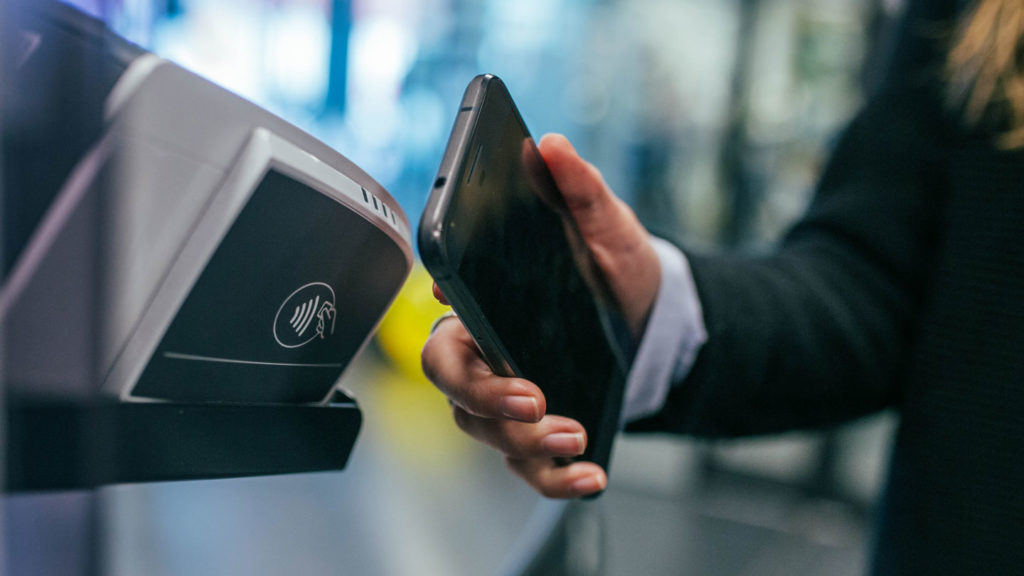Fintech has been one of the most commonly used terms in today’s startup ecosystem. Still, few people truly comprehend its evolution or can describe its scale.
Fintech refers to the emerging innovations that aim to enhance and simplify the usage and distribution of financial services. From mobile payment tools to Robo-advisors to bitcoin, this type of startups has everything. If you’re wondering how fintech payment processing works, read this blog to thoroughly understand fintech and its applications.
When the word ‘fintech’ was first used, it applied to the back-end application networks of financial organizations such as banks. It included practices such as overseas money transactions and mobile check depositing. Over time, the term’s definition grew to include financial education, retail banking, non-profit fundraising, and wealth management.
China leads the fintech industry, closely followed by India, with more than half of customers utilizing money transfer, financial planning, banking, and insurance. These markets have also shown to be outstanding for savvy businesses seeking to tap into Asia’s large unbanked and under banked communities.
There are about 26 fintech unicorns (startups valued at $1 billion or more) globally. In 2018, the global fintech industry was estimated at US$127.66 billion, with forecasted growth to US$309.98 billion by 2022. The global Coronavirus epidemic, however, may have an effect on this forecast.
Before you look for “payment processing solutions” let’s go through the article.
Fintech Applications
Funding
Fintech helps Internet and smartphone users to submit and collect money from those on the web. It also enables individuals or companies to pool funds from several outlets on a common network.
Cryptocurrency
Cryptocurrency exchanges, such as Coinbase, link buyers and sellers of Bitcoin and other cryptocurrencies. Outside of conventional banks, blockchain and cryptocurrency are manifestations of fintech, and they are also distrusted by certain financial firms and some non-financial organizations.
Mobile Payments
The usage of mobile payment applications such as Apple Pay, Alipay, and Paytm has exploded in recent years. These applications use advanced financial technologies, and their adoption was driven in certain instances by external factors.
Insurtech
Insurtech encompasses anything from auto insurance to home insurance to cybersecurity. This industry is still growing.
Robo-Advice & Stock-Trading Apps
Robo-advising offers algorithm-based fund management advice and portfolio management at a reduced rate when opposed to operating for a conventional investment advisor. While some investors prefer the face-to-face experience when managing their wealth, many others, mostly younger investors with smaller portfolios, are willing to try Robo-advisory.
User Profiles for Fintech
Businesses use Business-to-Business (B2B) Fintech to access loans, insurance, and other financial services via smartphones.
B2C Fintech is used in many B2C apps, such as PayPal, Venmo, and Apple Pay that enable users to move money over the Internet.
Players to Watch
Ant Financial Services Group, previously Alipay, is a subsidiary of Alibaba Group and the world’s most valuable fintech firm, estimated at US$150 billion. Other notable Asian fintech firms include digital lender Qudian, digital insurance company ZhongAn, Internet-based lending network Lufax, financial advice and loan provider JD Digits (formerly JD Finance).


